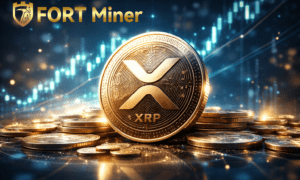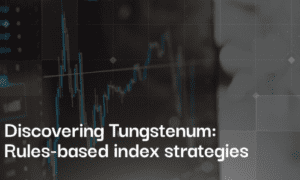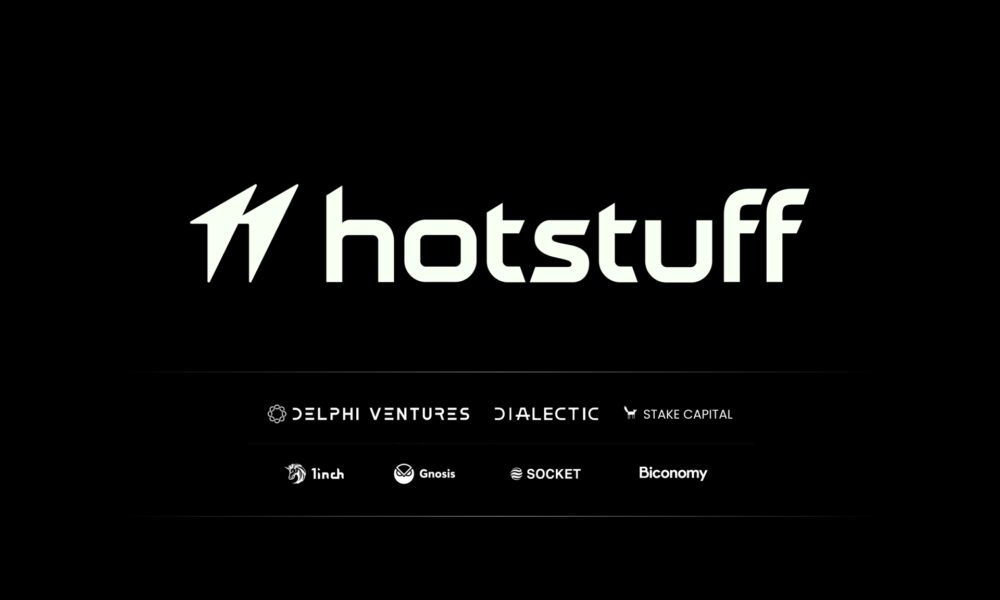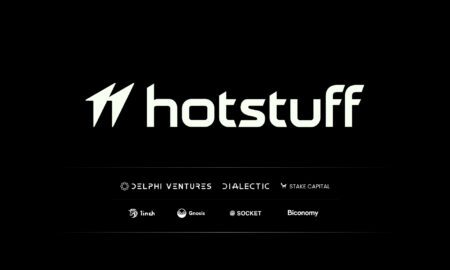With more people in the UAE looking to grow their wealth through stocks and other financial instruments, the demand for reliable trading platforms has surged. Whether you’re a first-time investor or an experienced trader, choosing the right trading platform in the UAE can make a significant difference in how effectively you manage your investments.
But how do you pick the right one for your goals? Let’s break it down.
Understand Your Investment Objectives
Before looking at any platform, start with a clear understanding of your personal goals. Ask yourself:
- Are you looking for long-term wealth building or short-term trading?
- Are you interested in local stocks, international markets, or both?
- Do you want to focus on individual shares, ETFs, mutual funds, or IPOs?
Your answers will help determine the type of features you need from UAE trading platforms. For example, if you’re interested in frequent trading, you’ll want something with real-time market data and low fees. If you’re more passive, a simple, user-friendly interface might be enough.
Check for Local Licensing and Regulation
In the UAE, regulation is key. Always choose a platform that is licensed by recognised local authorities like:
- The Securities and Commodities Authority (SCA)
- The Dubai Financial Market (DFM)
- The Abu Dhabi Securities Exchange (ADX)
Licensed platforms comply with local laws, follow proper security practices, and are more likely to offer investor protection in case of disputes.
Compare Fees and Commission Structures
Every platform has its own pricing model. Some charge per trade, while others have monthly subscriptions or brokerage fees. Common charges include:
- Trading commissions (per buy/sell order)
- Annual account maintenance fees
- Currency conversion charges (for international trading)
When evaluating a trading platform in UAE, take a close look at its fee structure. Low fees may sound attractive, but they should not come at the cost of poor customer support or limited tools.
Look at Supported Markets and Asset Classes
Not all platforms offer access to the same markets or types of investments. Some focus strictly on UAE-listed companies, while others also provide access to:
- US, UK, and global stock exchanges
- Forex trading
- Commodities (like gold and oil)
- Cryptocurrencies (on licensed platforms only)
- Mutual funds and bonds
If you’re planning to build a diversified portfolio, opt for a trading platform in the UAE that lets you explore a wide range of markets and asset classes.
User Experience and Mobile Access
The best trading platform is one that you can actually use with ease. Today, many investors prefer mobile-first platforms that allow them to monitor investments and execute trades on the go.
Check whether the platform offers:
- A mobile app (iOS and Android)
- A responsive, user-friendly web interface
- Customisable dashboards and real-time tracking
- Alerts and push notifications for price movements or corporate actions
A poor interface can lead to missed opportunities or costly mistakes. A good one, on the other hand, keeps your portfolio at your fingertips.
Research Tools and Market Data
A great trading platform in the UAE goes beyond trade execution. It should also help you make smarter investment decisions.
Look for platforms that offer:
- Real-time quotes
- Historical price charts
- Financial statements and earnings reports
- Analyst ratings and forecasts
- News feeds and economic indicators
These tools are particularly helpful for self-directed investors who like to perform their own research before investing.
Consider Account Setup and Funding Options
Getting started should be simple. Many UAE-based platforms allow digital onboarding, so you can open an account in minutes using your Emirates ID.
Things to consider:
- Does the platform offer online KYC (Know Your Customer)?
- Can you fund your account via bank transfer or debit/credit card?
- Are there any minimum balance requirements?
Some platforms also integrate with systems like iVestor, especially when linked to UAE exchanges like DFM. iVestor provides you with a unique investor number and acts as a digital wallet for dividends and IPO refunds. It’s a helpful tool for those trading local stocks.
Look for IPO Access
The UAE has a vibrant IPO market, with regular public listings on DFM and ADX. If you want to subscribe to IPOs as a retail investor, check whether your platform allows:
- Real-time IPO subscription
- Notifications for new offerings
- Integration with local investor ID systems (such as iVestor)
Not all platforms offer this feature, so if IPOs are part of your strategy, be sure to confirm this upfront.
Evaluate Customer Support and Educational Resources
Whether you’re new to investing or facing a technical glitch, responsive customer support can make a world of difference. Good trading platforms typically offer:
- Live chat or 24/7 customer service
- FAQs, tutorials, and webinars
- Help centres in English and Arabic
If you’re still learning, educational resources—like investment guides, glossaries, or strategy videos—can be extremely valuable.
Read Reviews and Compare Ratings
Finally, take time to read user reviews and compare ratings on app stores or trusted forums. Real user experiences will give you insights into:
- Platform stability
- App speed and uptime
- Hidden fees or limitations
- Quality of customer service
Platforms like iVestor (developed in the UAE) often rank highly for simplicity and integration with local services, including access to DFM-listed shares.
Final Thoughts
Choosing the right trading platform in UAE depends on understanding your investment goals, comparing platform features, and ensuring regulatory safety. Whether you’re buying your first stock or diversifying a seasoned portfolio, the right platform can streamline your journey and help you invest with confidence.
From local stock access to global diversification, from simple dashboards to in-depth research tools—take your time, do your research, and find the platform that fits you.
If you’re ready to begin, start by reviewing licensed platforms in the UAE, and consider applying for your investor number to trade seamlessly in local markets.































